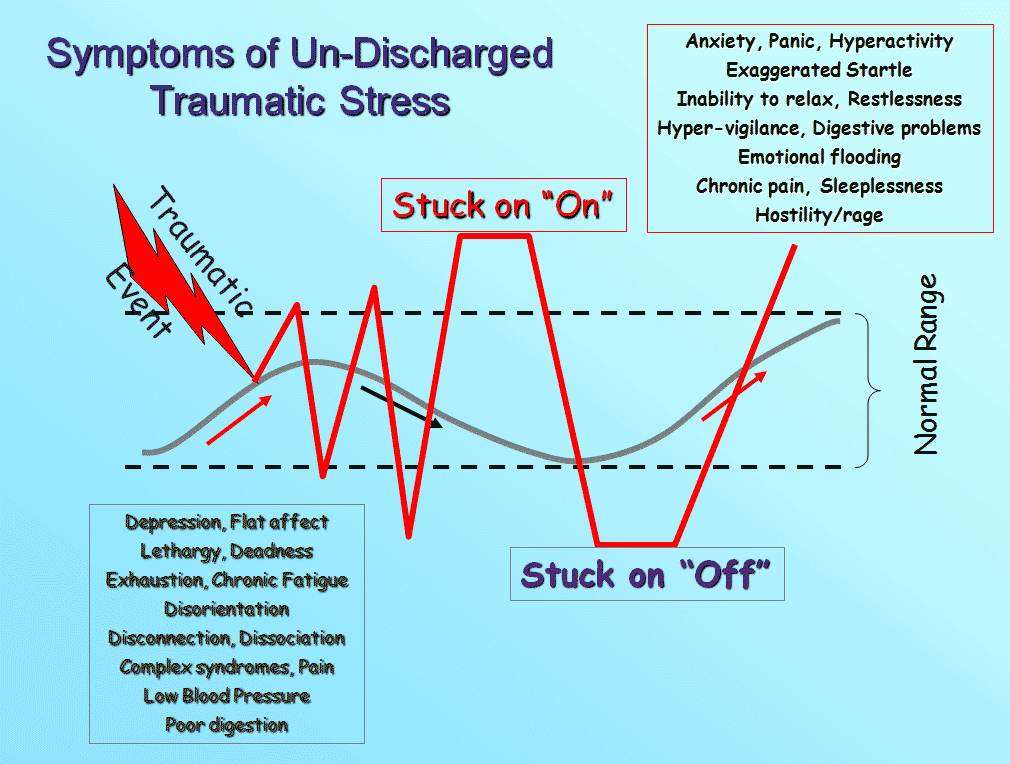Services
Types of Therapy:
- Individual Psychotherapy sessions
- Couples & Family sessions
- Somatic Experiencing® sessions
- Stress Management
- Personal Growth
- Anxiety
- Depression
- Parenting Support
- Grief and Loss
- Substance Use/Abuse
Specialization:
My passion is trauma intervention and resolution. Traumatic events have multi-dimensional impacts. Regardless of the severity of the event, expert intervention can help someone to recover and thrive emotionally, which facilitates physical healing and can give them their life back. It is a privilege to witness others’ healing.
I have experience in multiple medical and psychiatric settings, a thorough understanding of various treatment modalities and am actively involved in training mental health professionals in Somatic Experiencing trauma resolution techniques within Texas and internationally. In doing this work, I have traveled to China, Canada and Australia.
I have trained under Dr. Diane Poole Heller, author of Crash Course and developer of the Dynamic Attachment Re-patterning training course, Kathy Cain, developer of SE® Touch Skills Training course, and for many years with School Psychologist and SE® Instructor Maggie Kline, author of Trauma Proofing Your Kids and Trauma through a Child’s Eyes.
Encouragement… Comfort… Healing
Somatic Experiencing ® Sessions
Psychotherapy Sessions
For Individual Psychotherapy sessions you will meet individually with me on a regular basis, typically weekly, to discuss whatever issues you are having or changes you want help with. For Couples Psychotherapy sessions I meet with both parties in the relationship, either together or separately, to resolve issues that are negatively impacting the relationship.
Somatic Experiencing® (SE)
What is Somatic Experiencing®
If the body is not able to express the fight or flight energy, the nervous system enters a state of freeze. This often happens when an event takes place almost instantaneously, allowing no time for a response. This results in the survival energy becoming “locked” or frozen into the nervous system. This is where the phrase “frozen in our tracks” comes from. In nature, animals are able to release this energy once the threat has passed by allowing their bodies to complete the threat response cycle and discharging the excess energy from the nervous system.
We humans also have this capacity to discharge survival energy once the threat has passed. You may recall a time of being shaky after a near miss from a potential car accident. However, with our advanced analytical brain – the frontal lobe – humans are able to repress this natural process of releasing this activated survival energy. For example, when we trip and fall and twist an ankle, we are inclined to get up and dust ourselves off, to keep moving along, as if nothing happened. As a result, the energy created by the adrenaline surge from the event remains stuck in the nervous system and will lead to complications in the healing of the ankle. This phenomenon is very common in car accidents. As a result of the suddenness and intensity of the impact, the individual is in a mild or moderate state of shock, which is essentially a state of freeze.
What Somatic Experiencing® can help with:
- Irritability
- Sleep difficulties
- Chronic Stress and Tension
- Anxiety
- Emotional recovery from a physical trauma:
- Car accident
- Attack or Fall
- Surgery
- Severe illness
- Resolution of Emotional trauma:
- Childhood dysfunction o Relationship conflict
- Severe work stress
- Physical/Emotional Abuse
- Repetitive self-destructive behavior patterns
Videos from Peter Levine PhD
https://youtu.be/Un-eCY22T-E
The Somatic Experiencing® View of the Nervous System
Symptoms of Un-Discharged Traumatic Stress
This slide shows what your nervous system looks like when there is UN-discharged traumatic stress.
About Me
 I have been working in the Behavioral Health field since I graduated with my Bachelor’s in Psychology in 1987. I studied a great deal of Biology as an undergraduate, since I originally started off as a pre-med student. For me, the mind and body have always been inseparable.
I have been working in the Behavioral Health field since I graduated with my Bachelor’s in Psychology in 1987. I studied a great deal of Biology as an undergraduate, since I originally started off as a pre-med student. For me, the mind and body have always been inseparable.
With this understanding of human physiology, I found myself becoming more involved with clients who were experiencing physical symptoms, often as a result of years of chronic stress or a significant traumatic event.
When I embarked on my own exploration of how to best facilitate their recovery, I discovered Somatic Experiencing®. I have now been practicing this method for almost 20 years, incorporating it into my psychotherapy modalities. It has provided the “missing piece” in guiding individuals to experience the connection of their mind, body and spirit – when it all works together as it is meant to, allowing balance and coherence, clarity and energy, and a feeling of wholeness and serenity. In addition to my private practice, I now travel throughout the world as part of an international training team helping to teach other healers how to incorporate these techniques into their own practices.
My passion is teaching others to unlock the “ordinary miracle of healing,” which is a potential within each of us. I do this as part of my individual work with clients and in the training classes in which I am involved. I love my work and am very fortunate to have the opportunity to tell others about it.
Credentials
- 37 years of mental health experience
- Master’s Degree in Counseling, Texas State University (1992)
- Licensed Professional Counselor Supervisor (LPC-S) in the state of Texas
- National Board Certified Counselor (NBCC)
- Certified Somatic Experiencing® Practitioner
- Certified Clinical Trauma Professional (CCTP)
- Certified in Neurolinguistic Programming (NLP)
Specialties
- Trauma & PTSD
- Behavioral Issues
- Addiction
- LGBT Therapy
Rates
- Initial Intake: $250
- Follow-up: $200
Get in touch
Thanks for looking. We’d love to hear from you.
Contact Information
Donna M. Hilbig, M.Ed., LPC,
3625 Menchaca Rd., Ste. 303, Austin, Texas 78704
Email: dmhlpc@yahoo.com
Phone: (512) 515-1545
Flexible Hours. Evenings and Weekends available upon request.





